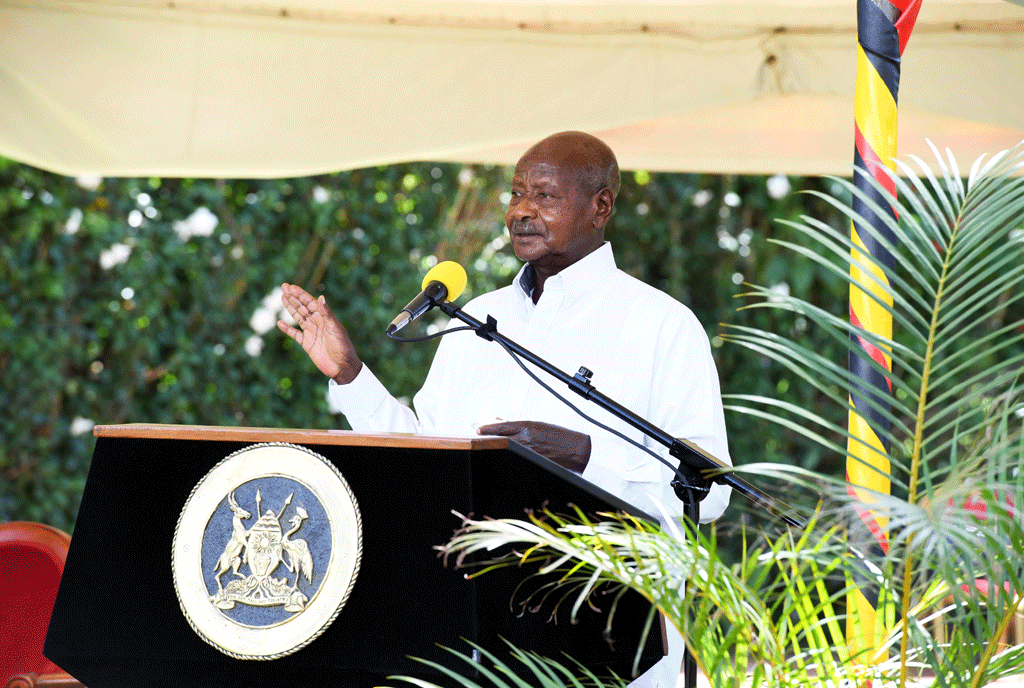Prime
Counter radicalisation through dialogue

Author, Augustine Bahemuka. PHOTO/FILE/COURTESY
What you need to know:
- Brendan Sweetman (2006) makes an interesting case of the role played by religion in the public square. He says that only religious beliefs which can be rationally argued about should be included in the public square.
The dark cloud that hovered over last month seems to have slowly faded into the passing of time. However, this cannot be true for individuals and families that were directly affected by the November twin bomb blasts in Kampala. We condole with them. Uganda held Allied Democratic Forces (ADF) rebels responsible for these heinous acts of violent extremism. It was not the first time ADF rebels have attacked Ugandans. However, there was a dynamic shift in ADF’s recent attack, which seems to have received less attention than deserved from the discussions that followed.
Suicide bombing, for most of what is known to many, is a well-planned mission executed by individuals who have undergone a lengthy period of training and preparation; and their minds infused with religious fundamentalist ideologies with promises of rewards in the ‘afterlife’.
This is technically referred to as religious radicalisation, which poses a great threat to our country. It is my conviction that through interreligious dialogue, radicalisation of young people can be countered to a considerable extent. How then can we create and sustain a culture of interreligious dialogue where we understand and respect each other; and avoid misinterpretation of the differences among our different religious beliefs? This is important because religious fundamentalists are known to manipulate the ignorance of vulnerable individuals in society by recruiting and radicalising them to carry out terror attacks.
During the recent graduation ceremony of Al Mustafa Islamic College located in Kajjansi, the guest of honour urged institutions of higher learning to expose learners to studies on religious fundamentalism in order to counter global terrorism. In his opinion, Muslims and non Muslims are equally ignorant about Islam, hence the need to acquire more knowledge about Islam [and Christianity] in order to reduce misinterpretations. I would like to argue in favour of the good professor’s proposal.
First, there is a range of convergence between Islam and Christianity, including their roots in the person of Abraham to the virtues and civic values that they teach, most of which constitute of universal moral issues. For instance, both religions uphold virtues such as human dignity and charity; and then civic values of justice and peace. Understood within their respective contexts, we can then appreciate our religious differences, which can avoid misinterpretations. Brendan Sweetman (2006) makes an interesting case of the role played by religion in the public square. He says that only religious beliefs which can be rationally argued about should be included in the public square. He differentiates between higher-order beliefs (doctrines) and lower-order beliefs (moral values) of religion.
It is the latter that should interest us because lower-order beliefs give us a more appealing appreciation of other religious faith groups, and can be held in comparison with our own religious beliefs, without delving deeper in the doctrine, which requires a deposit of faith for one to understand. Secondly, religious studies will broaden the knowledge of learners and also deepen their understanding of the history of both Islam and Christianity. This becomes very important because it enables us to make arguments on religion within context, rather than appealing to ignorance.
These two aspects, and many others, can create an environment of interreligious dialogue where folk can listen to each other in their communities with minimal religious misjudgment. Having acquired some knowledge and appreciation of other religions, this can reduce the cognitive gap, which has been manipulated by religious fundamentalists in driving their own selfish agenda.
Mr Augustine Bahemuka is a commentator on issues of peace and society. [email protected]




